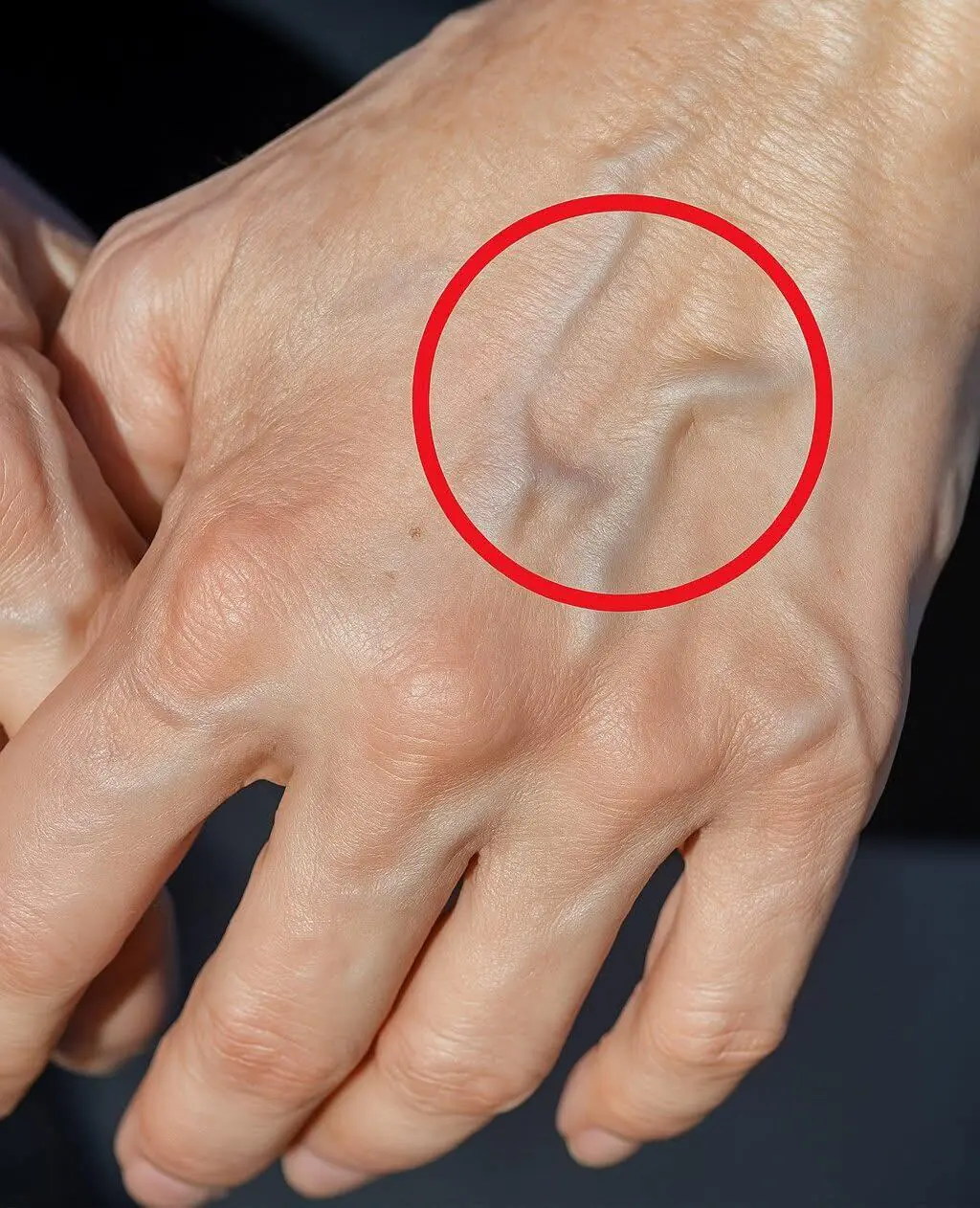
2 Cups of Coffee a Day: Boosts Kidney Health and Strengthens the Heart — But 3 Groups Must Avoid It

Coffee and Its Unexpected Benefits for the Kidneys
A study from Johns Hopkins Medical Center (USA) revealed that people who maintain a habit of drinking 2–3 cups of coffee daily have a 15–23% lower risk of acute kidney injury compared to those who don’t drink it.
The reason lies in coffee’s powerful antioxidants and anti-inflammatory properties, which reduce oxidative stress in the body. Caffeine also improves blood flow to the kidneys, helping them function more efficiently and cope better with stress.
Harvard Health further adds that moderate coffee intake can lower the risk of cardiovascular disease, heart failure, and stroke. Rich in polyphenols, coffee supports vascular function, enhances insulin sensitivity, and ultimately reduces mortality from various causes.
A morning cup of black coffee not only sharpens the mind but, when enjoyed in moderation, also nurtures kidney health.
When Coffee Becomes a “Double-Edged Sword”
While coffee offers remarkable benefits, they are most evident in healthy individuals. For some groups, however, daily coffee consumption may do more harm than good.
1. People with Chronic Kidney Disease
Although pure black coffee contains little potassium and phosphorus—two minerals kidney patients must limit—instant or premixed coffee with sugar, cream, or milk can strain the kidneys and worsen the condition.
👉 If consumed, it should be pure black coffee, sugar-free and milk-free, with the doctor’s guidance on safe amounts.
2. Men with Prostate Enlargement or Frequent Night Urination
Caffeine stimulates the bladder, increasing the urge to urinate and causing frequent nighttime trips to the bathroom. A late cup can also lead to insomnia and morning fatigue.
👉 The solution: drink in the morning, choose low-caffeine options, and avoid coffee after the afternoon.
3. People with a History of Kidney Stones
Coffee’s diuretic effect may help reduce stone formation risk, but for those with oxalate metabolism disorders, it can actually raise oxalate excretion, triggering recurrence.
👉 They don’t need to eliminate coffee entirely but should limit intake, stay well-hydrated, and adjust their diet to prevent excess oxalate.

How Much Coffee Is Safe?
Health guidelines suggest 1–3 cups per day (200–300 mg caffeine) as safe. The U.S. FDA sets the upper limit at 400 mg/day—about 4 cups.
Exceeding this may cause palpitations, rapid heartbeat, insomnia, or high blood pressure. Drinking coffee on an empty stomach can irritate digestion, and consuming it too close to bedtime disrupts sleep.
👉 For optimal benefits, stick with pure black coffee. Adding sugar, condensed milk, or creamer increases calories and reduces its antioxidant power.
Coffee – A Friend That Demands Moderation
Coffee is more than just a morning ritual. When enjoyed wisely, it strengthens the kidneys, protects the heart, and even prolongs life.
But for people with chronic kidney disease, prostate issues, or a history of kidney stones, coffee must be approached with caution. Moderation and listening to your body are the keys to turning coffee into a lifelong ally rather than a health burden.
News in the same category

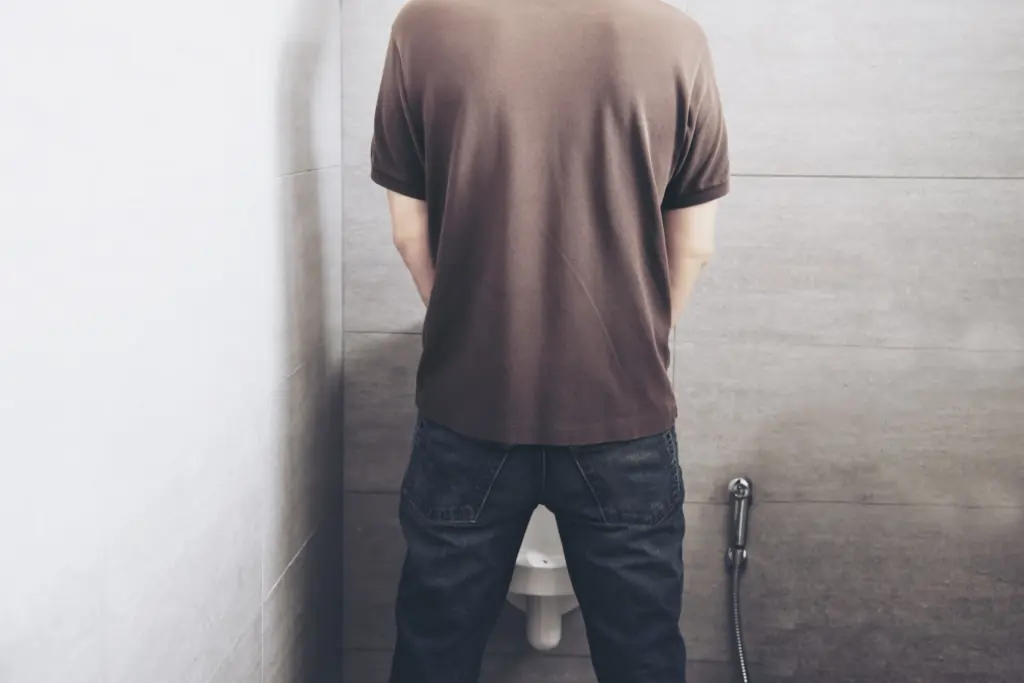
All The Things You Need to Know About Nighttime Urination And When To Start Worrying

Umbilical Hernia: Causes, Symptoms and Treatment
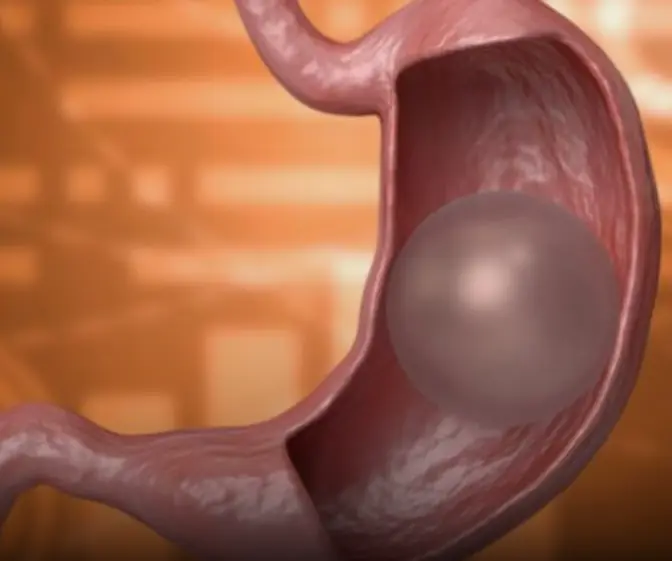
What happens if the gastric balloon bur.sts?
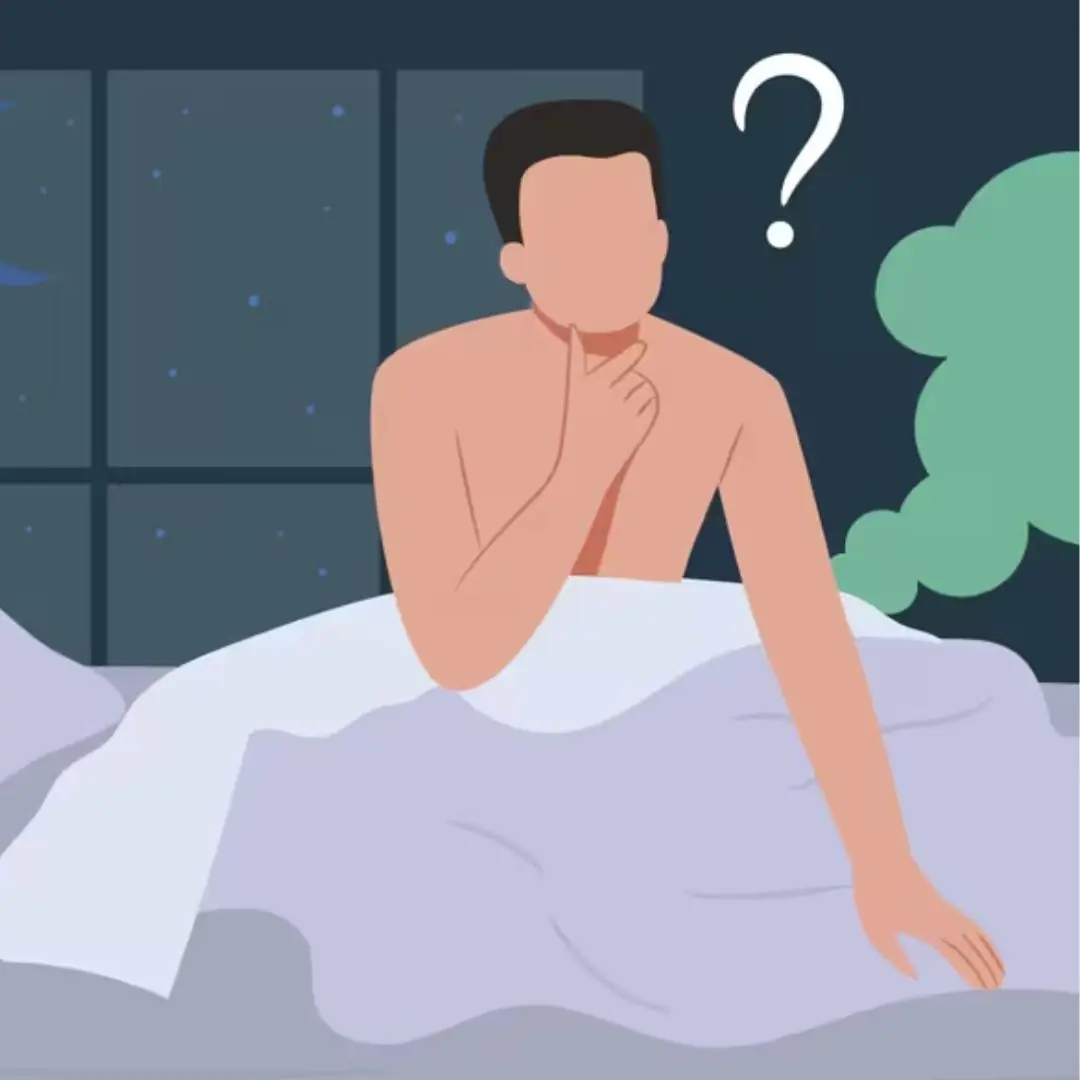
Gassier at Night? Here’s Why (and What To Do About It)

What is myasthenia gravis and what are its symptoms?
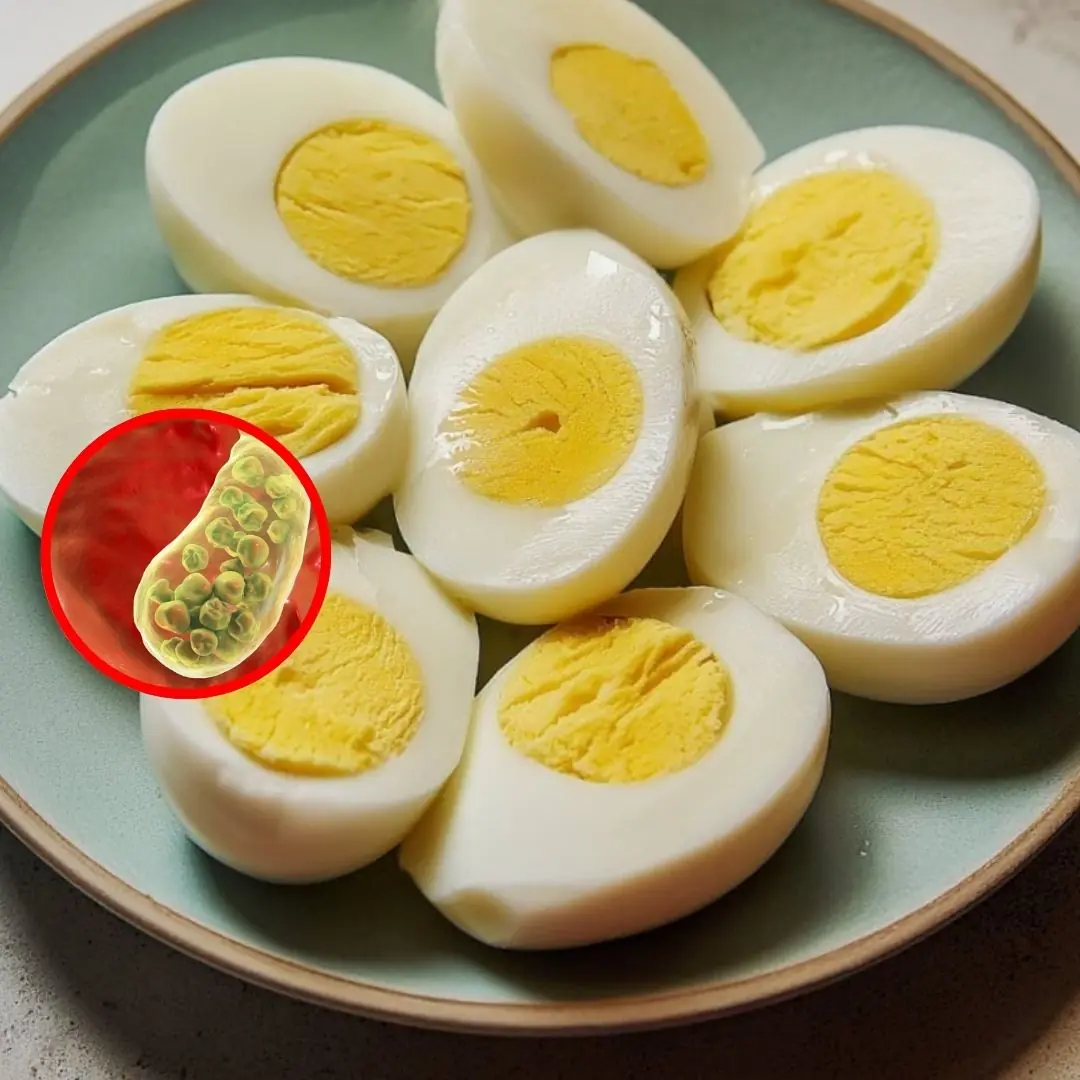
Eating chicken eggs is harmful to these 5 groups of people

WARNING: These 3 signs on the shoulder are signs of malig:nant tum:ors, even can:cer, do not ignore them

4 Vegetables Easily “Treated” with Chemicals

The Part of the Pig Often Dismissed as “Dirty” and Thrown Away: Turns Out It’s a “Miracle Food” with 10 Times More Iron Than Meat

An 8-Year-Old Girl Complained of “Sto.mach Pain” Every Friday Afternoon

Eating Eggs Can Be Harmful for These 5 Groups of People: Better Stay Away!
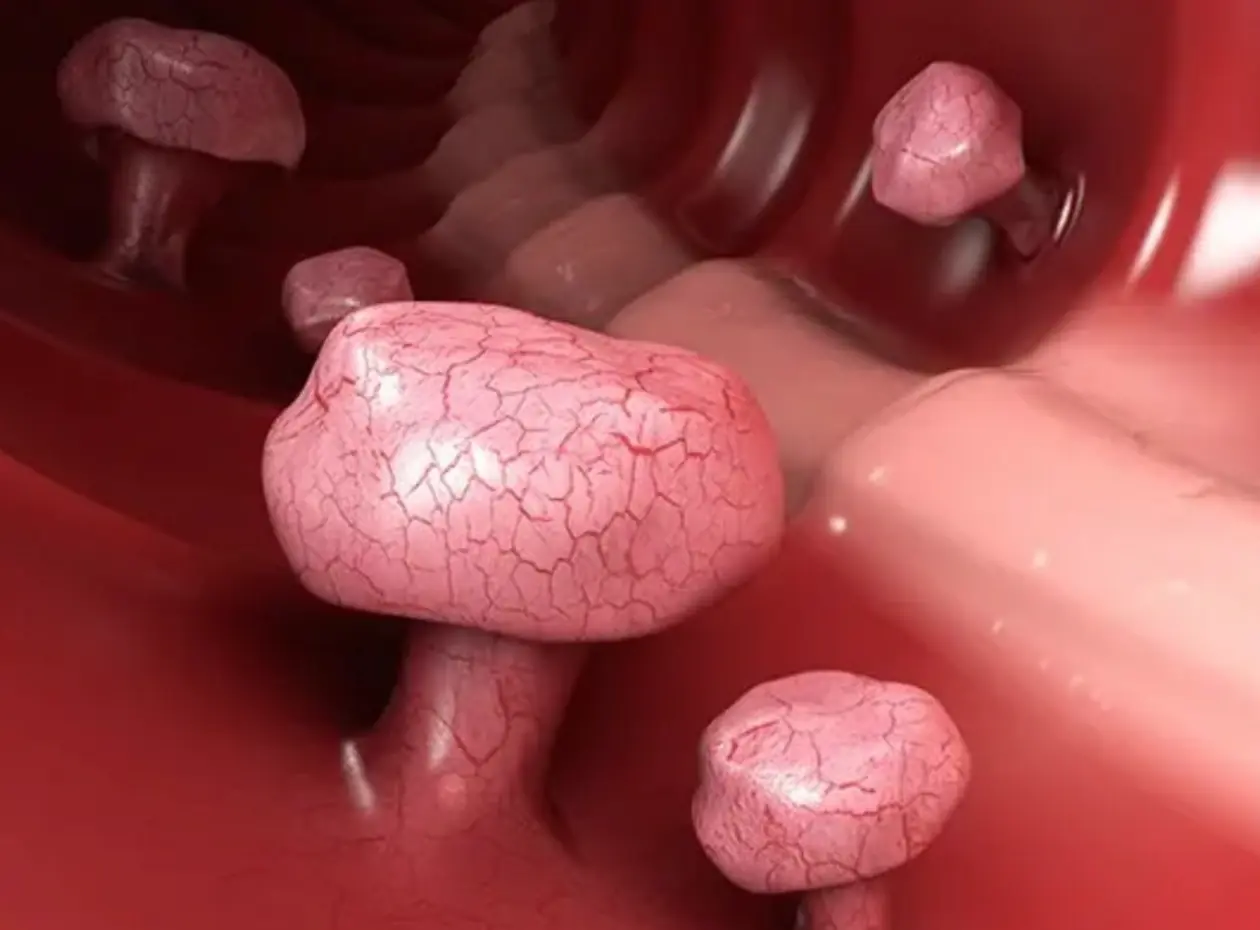
Early detection colon polyps: The key to effective can.cer prevention

Think it’s harmless? The risks of wearing bras to sleep might surprise you
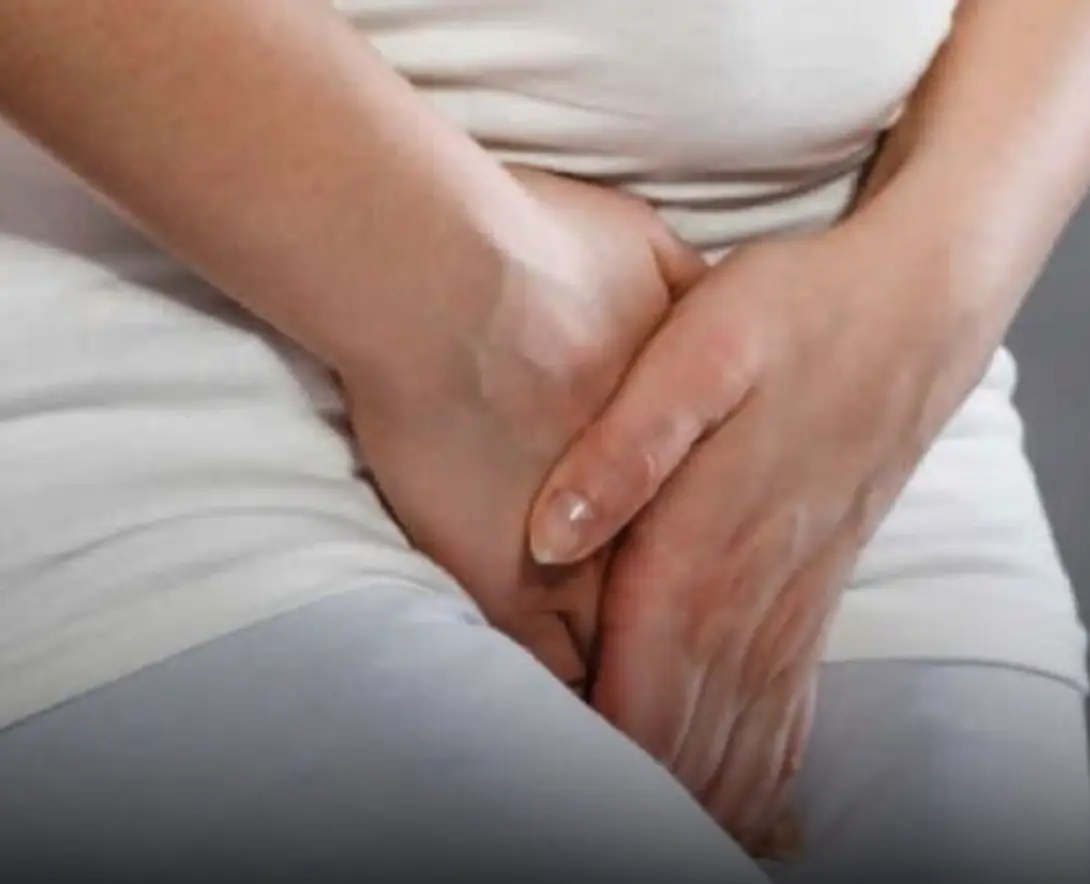
What dise:ase is gr.oin pa.in a symptom of?

These 10 symptoms indicate latent diabetes

What sleeping on the left side does for our brain, stomach and lymphatic health
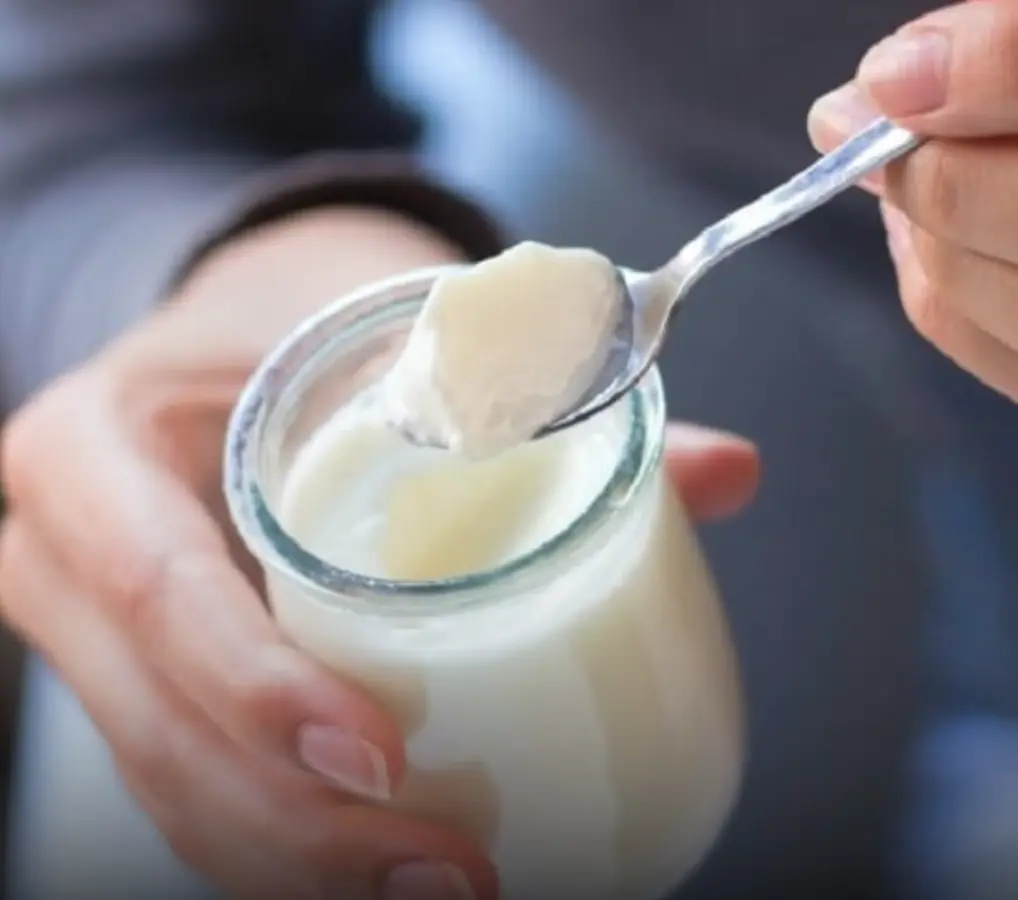
Eating yogurt with these 5 mistakes can bring more dis.eases into your body
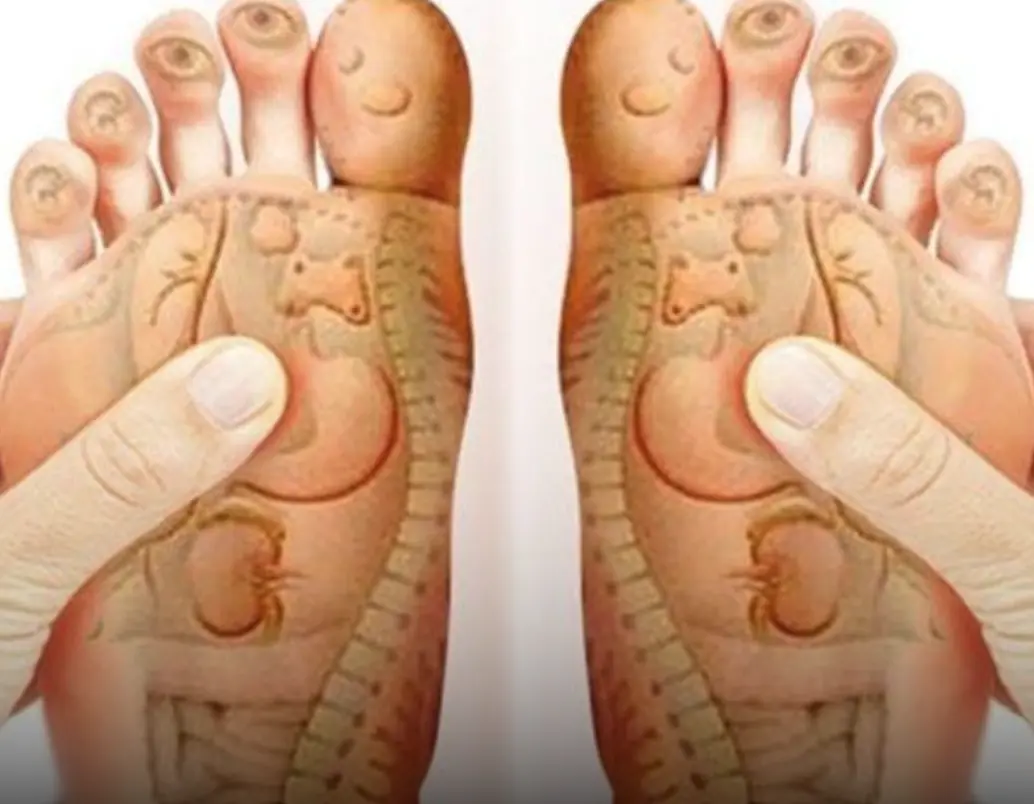
8 foot massage points that help relieve issues
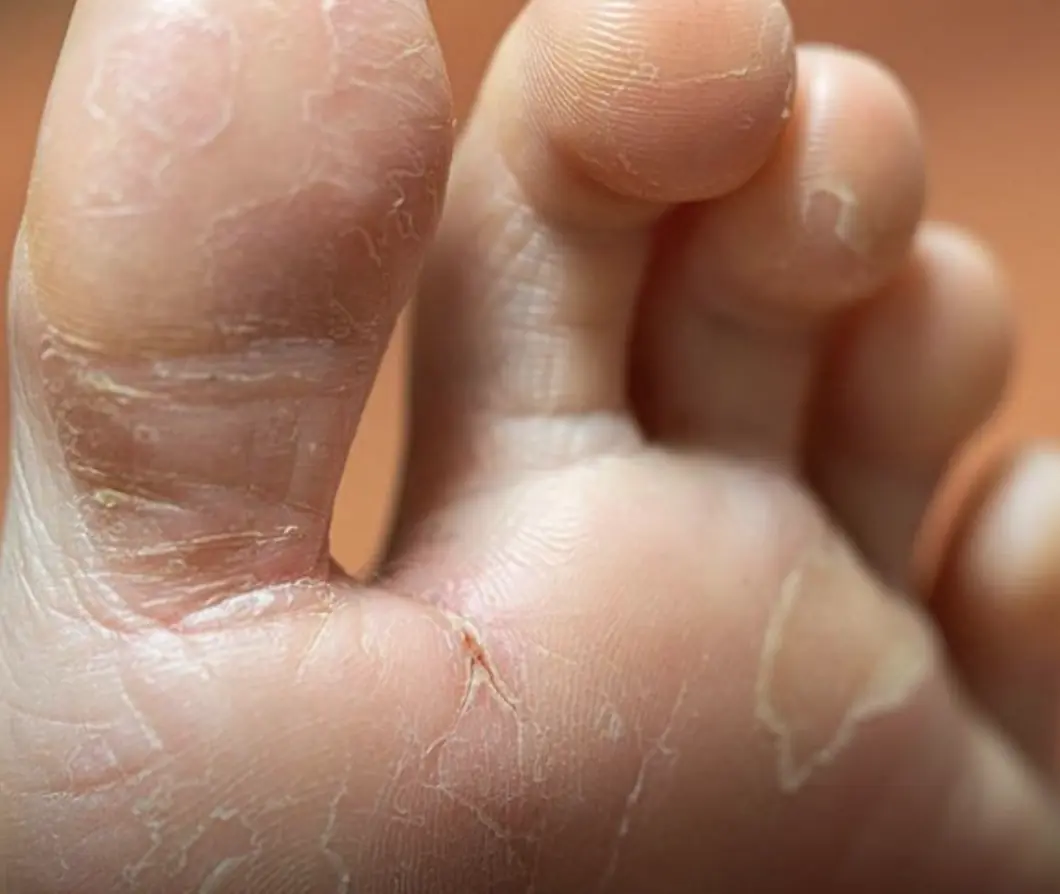
7 subtle symptoms that could signal serious health problems
News Post

If Veins Suddenly Pop Out on Your Hands

All The Things You Need to Know About Nighttime Urination And When To Start Worrying

Don’t Throw Out Old Dish Sponges
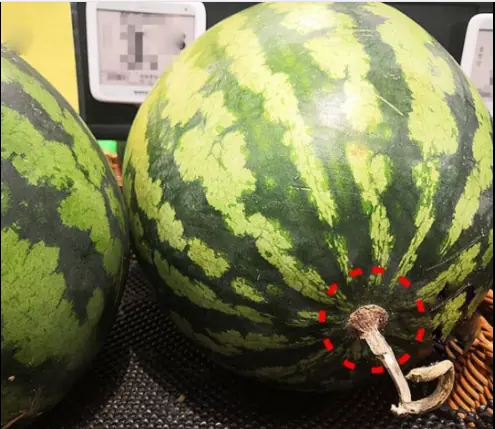
When buying watermelon, don't choose a big one.
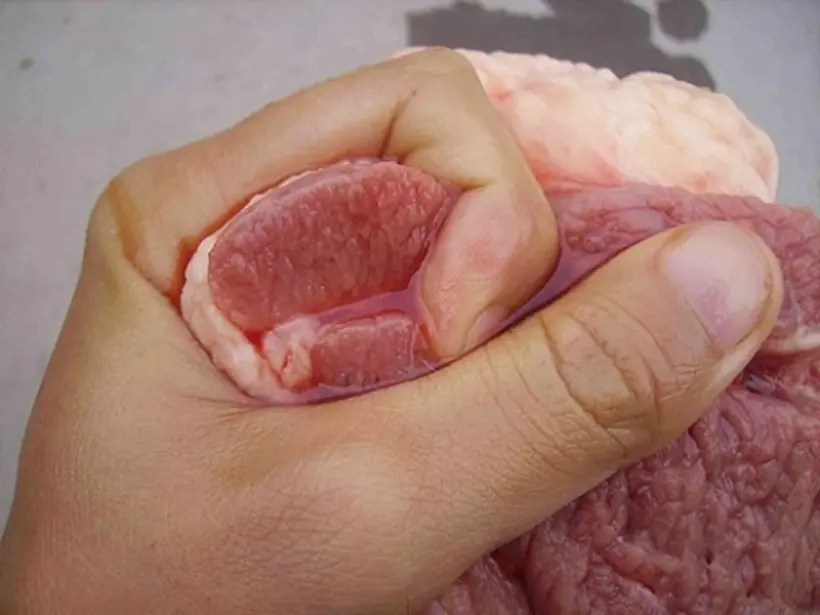
If You See Pork with These 4 Signs at the Market, Don’t Buy It No Matter How Cheap

Why Does Fish Often Smell Fishy? The Real Reason Many People Don’t Know

Ever noticed a greenish ring around an egg yolk? The explanation might surprise you...

Umbilical Hernia: Causes, Symptoms and Treatment

What happens if the gastric balloon bur.sts?

99% of people will throw away these 6 fruit peels when eating, but will regret it when they know their benefits

Top 2 types of seafood at the top of the list of microplastic contamination, but people still eat them every day

Gassier at Night? Here’s Why (and What To Do About It)

What is myasthenia gravis and what are its symptoms?

Eating chicken eggs is harmful to these 5 groups of people

WARNING: These 3 signs on the shoulder are signs of malig:nant tum:ors, even can:cer, do not ignore them

4 Vegetables Easily “Treated” with Chemicals

The Part of the Pig Often Dismissed as “Dirty” and Thrown Away: Turns Out It’s a “Miracle Food” with 10 Times More Iron Than Meat

An 8-Year-Old Girl Complained of “Sto.mach Pain” Every Friday Afternoon

Eating Eggs Can Be Harmful for These 5 Groups of People: Better Stay Away!
